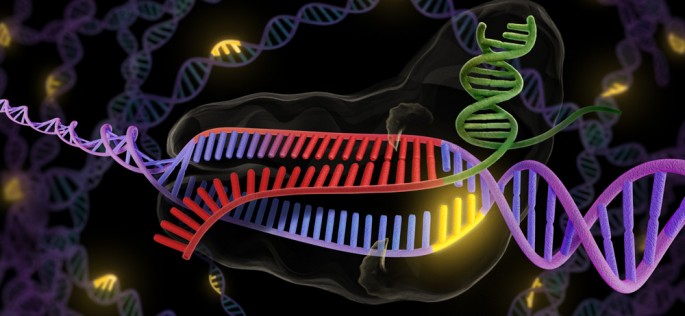Biologists in China have been reportedly conducting the first experiments that alters human DNA embryos that flared into controversy among scientists who have warned against the altering of the human genome since the effects could last for generations.
This new study from China apparently appeared last weekend in on obscure online journal called Protein & Cell. According to lead author of the study, Junjiu Huang from the Sun Yat-sen University in Guangzhou, both Nature and Science journals have rejected the paper due to ethical issues.
According to Edward Lanphier who is the chief executive of California-based Sangamo BioSciences Inc and also part of the group who called for a global moratorium on human DNA editing, there already have been numerous rumors about this kind of research in China where this paper takes the hypothetical aspect of that into the real.
This highly controversial method is called the CRISPR/Cas9 that can be described as editing human DNA by finding and replacing its other components. Scientists incorporate enzymes in order to bind with a mutated gene that is associated with a disease and then repair it.
MIT reports that at least half a dozen DNA experiments have already been planned or carried out using this CRISPR technique using human eggs and embryos in order to correct genetic defects that can cause cystic fibrosis or BRCA1 breast cancer gene.
Scientists gravely warn about the alteration of DNA on human sperm, eggs and embryos since they can produce unknown effects passed on to future generations and offspring. This type of germline engineering alters the DNA of non reproductive cells to repair genes that are diseased.
According to MIT biologist Rudolf Jaenisch who is also the president of the International Society for Stem Cell Research, this kind of research and technology is too soon to apply on the human germ line which is the inherited DNA under a clinical setting.
The new study involving CRISPR provided evidence of what could go wrong when human DNA is altered. The team experimented on 86 one celled human embryos from fertility clinics but due to chromosomal defects, not one of them developed into a baby. The gene that was about to get replaced is called HBB that can cause the blood disease beta-thalassemia.
Scientists have reported that more or less a dozen embryos did not survive this gene editing. Those embryos that survived showed "off target" effects which means that other than the HBB gene was altered. Some embryos developed mutations and only a handful embryos possessed the healthy DNA that can repair the defective HBB genes.
Huang says that in order to be successful with this method, this should be done with normal embryos that yields a result closest to 100 percent, that is why they stopped the experiments. Nature News also revealed that four or more groups in China are also involved with human gene experiments.



























